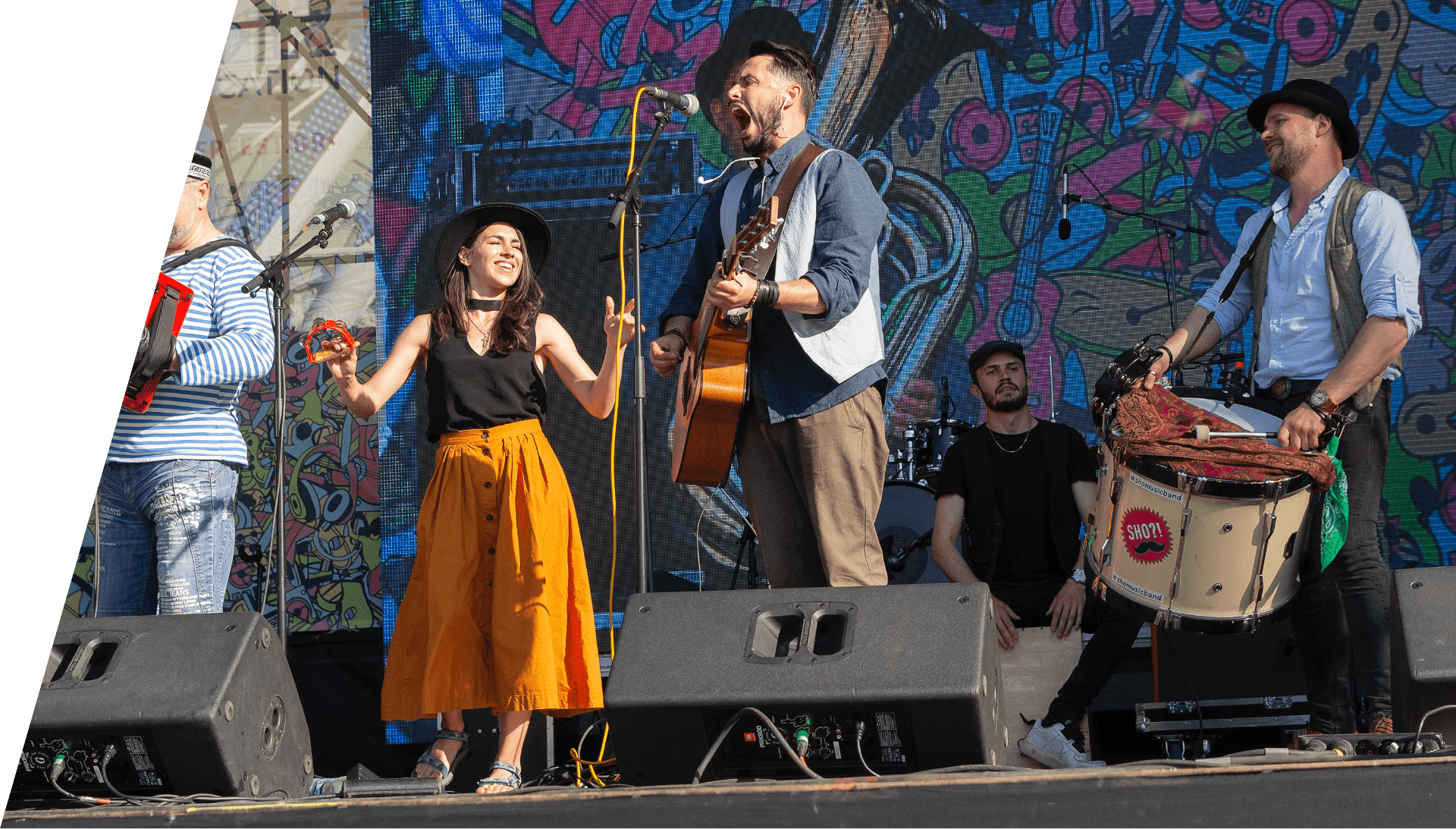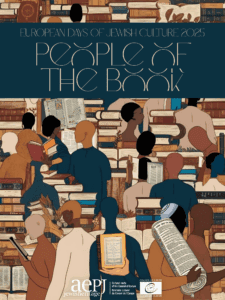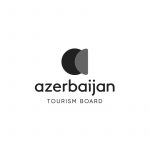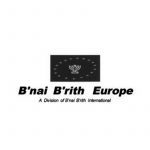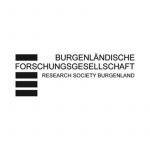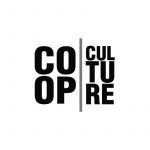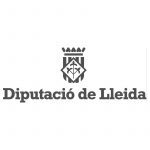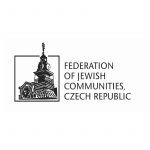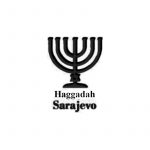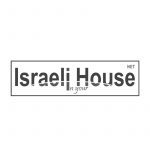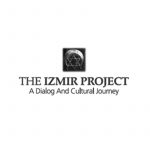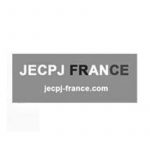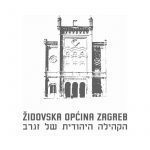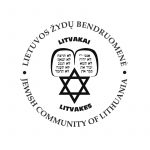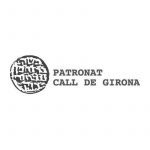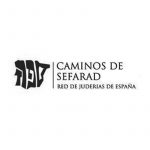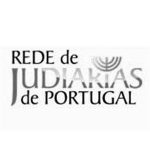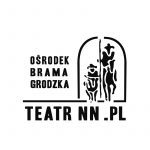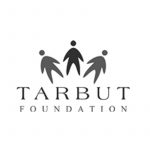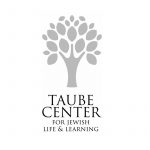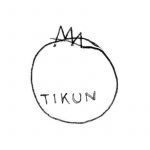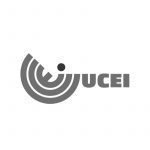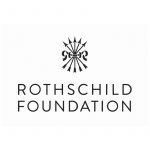The European Days of Jewish Culture 2025:
People of the Book
EDJC 2025 news
As the activities of the European Days of Jewish Culture 2025 unfold, we are discovering the successes and achievements of the coordinators behind them. Find out some news about this year’s festival below:
Exploring “People of the Book” as a central theme for the EDJC 2025
The theme “People of the Book” invites us to reflect on the profound role of the written word in Jewish culture and its broader connections with Christianity and Islam. This term, originating in Islamic tradition to describe Jews and Christians as custodians of divine scriptures, highlights the shared roots of these faiths and provides a meaningful opportunity to explore common values, historical ties, and diverse perspectives.
At its core, this theme centres on the Tanakh, the foundational text of Judaism, which has been a source of guidance, inspiration, and identity for generations. Beyond its religious significance, the Tanakh has influenced philosophy, ethics, and cultural life, shaping values that resonate in modern democratic societies and legal systems. It invites us to consider how these ancient texts continue to guide and inspire us today.
“People of the Book” also speaks to the enduring power of words and their ability to connect us across time and place. Jewish manuscripts, illuminated texts, and literary works are not just artifacts of the past but living expressions of creativity, resilience, and the commitment to preserving knowledge. These texts have been vital in sustaining Jewish identity through times of upheaval and transformation, serving as bridges between tradition and modernity.
The theme naturally fosters interfaith dialogue, encouraging us to explore the shared heritage of Judaism, Christianity, and Islam. Sacred texts across these traditions convey universal values like justice, compassion, and the pursuit of understanding. Recognizing these connections allows us to engage in meaningful conversations about coexistence and mutual respect in our diverse societies.
It is also an opportunity to celebrate the breadth of Jewish cultural expression. From illuminated medieval Haggadot to contemporary literature and poetry, Jewish contributions to the written word have enriched global culture. Stories such as those in Geraldine Brooks’ “People of the Book”, which traces the journey of a Haggadah across centuries, remind us of the resilience of texts and their ability to carry meaning and hope through generations. Similarly, Fania Oz-Salzberger and Amos Oz, in “Jews and Words”, explore the unique relationship between Jews and their texts, delving into how words have been a tool for survival, debate, and connection across generations. Their insights reveal how storytelling, argumentation, and dialogue are woven into the fabric of Jewish identity.
Through this theme, we can examine how sacred and secular texts not only document history but also shape identity and provide a framework for understanding the human condition. Whether through the study of ancient manuscripts, discussions about the influence of the Bible on European culture, or the celebration of modern Jewish writers, “People of the Book” invites everyone to engage with the richness of the world of words and books and with the power of ideas when expressed through the power of the book.
By embracing this theme, we honour the role of words in connecting us to the past, guiding us in the present, and inspiring us to imagine a more inclusive and understanding future.
The fundamental objective of this European-wide event, which has been organised since 1999, is to highlight the diversity and richness of Judaism and its local, regional and national historical importance, with the firm intention of promoting dialogue, recognition and exchange through conferences, concerts, performances, guided tours and other activities, which take place simultaneously throughout the continent.
The European Days of Jewish Culture festival is held every year around a central theme that serves as inspiration for all the activities that take place in a decentralised, pluralistic and open way from the first Sunday in September. The AEPJ has coordinated this event at European level since its beginnings, giving cohesion, visibility and relevance to the activities organised. In addition, the AEPJ offers training, resources and support to any organisation, institution or individual who wishes to organise an activity that allows Jewish culture to be shared with the whole of society.
Browse our activities
Are you an organiser or do you want to organise an activity for the EDJC 2025?
Please follow our application process in order to organise a European Days of Jewish Culture 2025 activity and be featured in the official programme.
